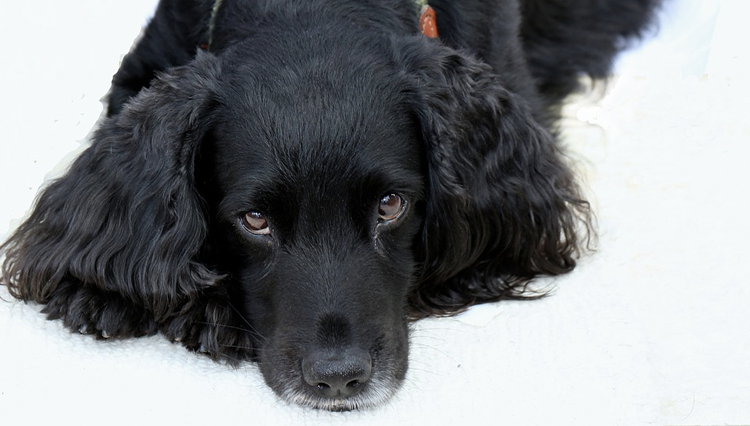HOW TO SENIOR-PROOF YOUR ROOM
Just like how we baby proof our homes when needed, senior proofing a home is necessary for older dogs to be comfortable, even if they have been living in the same home for a long time. The following pointers can be kept in mind to help make your buddy feel more at home, at home.
Battle of the senses
You may notice that with age, your dog’s eyesight, hearing, smell and other senses are not as sharp as they once were. As a result, he becomes less alert and ordinary household objects may become obstacles in his path. Identify spaces that he finds difficult to get around in and clear them up so that he enjoys more accessibility. Make sure that the areas he spends a lot of time in are well-lit. Familiarise him with any rearrangement of furniture, cushion sharp edges or anything that could pose a danger, and ensure that he always has ample space to move about.
He may not like to move it, move it
Older dogs tire more easily and so reducing the time they require to move about will help in not draining them of their energy. Teaching them to use ramps to get into bed or the car, equipping lower floors of your home with food, a bed and spaces to rest will cut down on movement like climbing up stairs. Moreover, keep checking to make sure that stairways, doors and gates are securely locked and latched to avoid falls. A slippery wooden floor is another factor that can cause a lot of stress to your pooch. Good carpeting is one solution to this problem.
Home is where the cozy bed is
With age, the need to sleep also gradually increases. While a younger pooch may find it easier to pick a spot and get comfortable in it for a quick lie-down, the older ones could do with some help. A soft bed, a well-lit corner, accessible bowls of food and water nearby, and some peace and quiet go a long way in this regard. Ensure that your home is set at the right temperature for your pet to stay comfortable.
A matter of taste
Most animals satisfy their curiosity of the environment by tasting what comes their way. Dog lovers will agree that no household object can escape from a dog, who is testing the field for a new chew toy. While experience may have taught older pooches to be more wary, there is no guarantee that a fallen coin, a book, hanging wires or spilt cleaning liquid in a lower cabinet will not get their attention. To ensure that your pooch is safe, keep your floors clean and free of clutter, and ensure what is dangerous is out of his reach.
The great outdoors
If you have a backyard or a garden or a balcony, chances are your old buddy would like to hang out here sometimes. This calls for a whole new range of precautions. To start with, ensure that none of your plants are toxic for dogs. Also, use non-toxic pesticides for your plants. Try and clear away wooden objects that a dog may try to chew on that could hurt his teeth.

